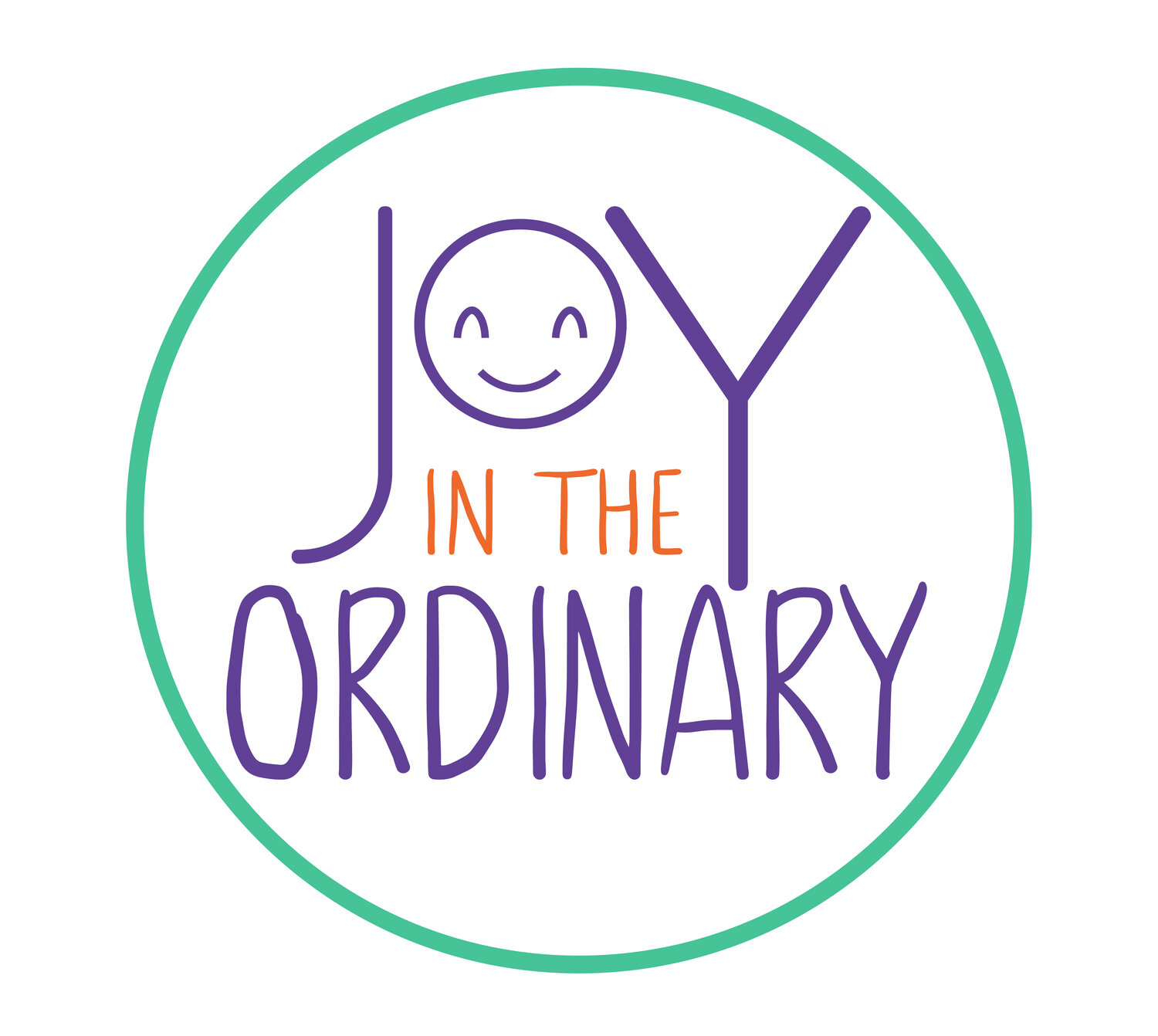HAH Recap: Raising Grateful Kids in a Culture of Consumerism
"Raising Grateful Kids in a Culture of Consumerism" was one of the many workshops offered at the National Hearts at Home Conference. I am glad that this particular workshop was added to my schedule.
The speaker, Marianne Miller, shared two main points regarding teaching our children.
- Contentment
- Financial Discernment
When teaching contentment, Marianne shared Philippians 4:11-13.
11 I am not saying this because I am in need, for I have learned to be content whatever the circumstances.
12 I know what it is to be in need, and I know what it is to have plenty. I have learned the secret of being content in any and every situation, whether well fed or hungry, whether living in plenty or in want.
13 I can do all this through him who gives me strength.
She suggests that we teach our children the meaning of enough. In our society, many children have more than enough where there are quite a few that live in scarcity. As parents, it is our responsibility to define what enough is, and abide by it.
In order to help our children as it relates to stuff she offered these tactics:
- Help them find their identity in Christ
- She shared that the results of a secular survey showed that children that had a nurturing mother did not identify themselves by their material things.
- Teach them who they are
- Minimize the inflow of stuff {set limits regarding what will enter your home in terms of gifts and such}
- Eliminate the power of stuff {have conversations about why your child may want something, and if your child has a tantrum over stuff...teach him that he is allowing stuff to control him}
- Define "enough" {Is an average doll enough or does one "need" an American Girl doll?"}
Marianne went on to share her thoughts about financial discernment.
- Tell them that they are rich, wise financial stewards for God
- Model good stewardship
- Use a spending plan
In my own life, I have done these things, and I can say it makes a difference. I do not tell the girls we can't afford things. I will let them know I am choosing not to purchase said item or I will remind them of our purpose for coming to the store. I have also shared with them that we use a budget. They get it at ages 7 and 4. They both at times have stopped themselves from asking for something by saying "it's not in the budget".
Marianne rounded out the workshop by sharing tips about giving our children some financial responsibility.
- Chores and allowances should start together, but are not contingent upon one another.
- Chores are done because you belong to the family, and allowance is given because it is the money you would have spent anyway. Do not start the allowance to large basically start at $1 per year. Her 15 year old receives $15 per month.
- Allowance usually begins when they start asking for stuff
- Define want vs. needs
- Use 'the List'-things they want, but need to think more about before purchasing
- Say NO without conviction-Do not go back and forth with your answer
MP3s and CDs are available from all of the conference workshops if you are interested, go HERE. For more information about the Hearts-at-Home conference, visit http://www.hearts-at-home.org.


